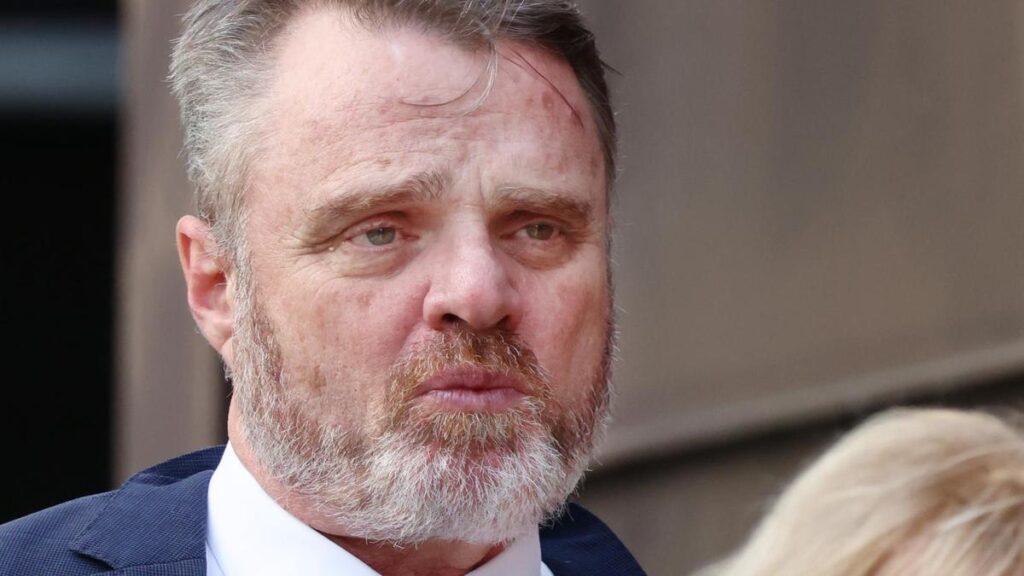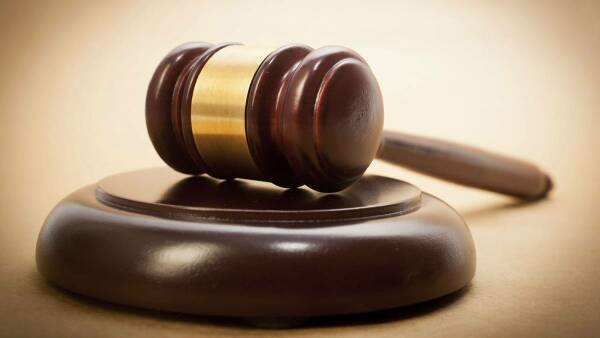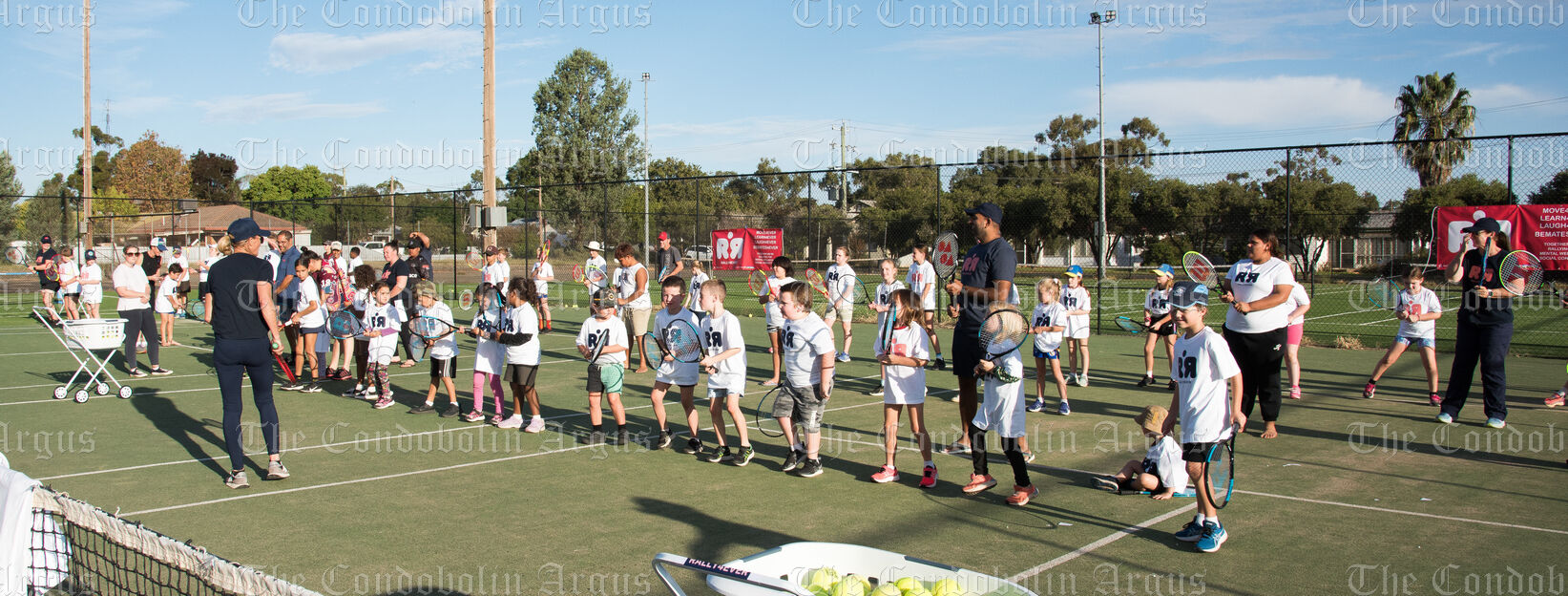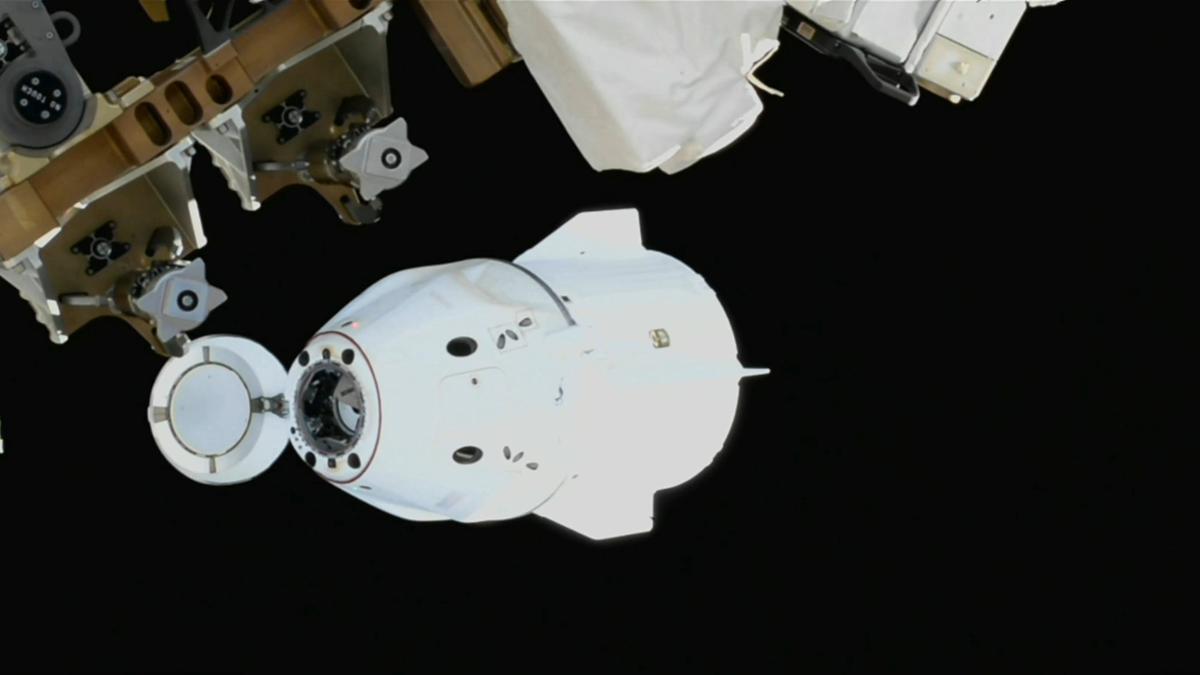
An Australian actor, Damien Richardson, is set to contest a criminal charge related to allegations of performing a Nazi salute. His defence aims to clarify the legal definitions surrounding what constitutes a Nazi salute, arguing that the gesture’s interpretation is based on “scientific” and “mathematical” principles, including arm angles and finger arrangements. Richardson appeared in the Moorabbin Magistrates’ Court on Tuesday, where these complex arguments were presented by his lawyer, Peter Monagle.
Legal Challenge Over Nazi Gesture Definitions
The charge against Richardson stems from a new law in Victoria that criminalises Nazi symbols and gestures. This legislation took effect in October 2023, expanding previous laws that already prohibited the display of the Nazi swastika. According to Monagle, the case revolves around “a single issue as to the interpretation of the law.” He elaborated on the complexity, suggesting that there is a “mathematical formula” involved in determining the legality of the gesture, specifically regarding the arm and finger positioning.
Richardson’s charge has been amended to state that he intentionally performed a gesture likely to be confused with a Nazi salute, knowing its implications, in a public setting. The case is scheduled for a two-day contested hearing in November, during which the prosecution plans to present expert testimony on the characteristics of a Nazi salute.
During the court proceedings, Monagle requested a sentencing indication from the magistrate, which was denied. The police also rejected a suggestion for a diversion sentence, which could have allowed Richardson to avoid a conviction. The defence lawyer referenced the case of Jacob Hersant, who became the first person convicted under the new laws for performing a Nazi salute in front of the media. Hersant is currently appealing his sentence, which was one month in prison.
Contentious Issues in Court
Monagle noted that a police sergeant was not charged for making a Nazi salute at the police academy, though he quickly retracted the statement when magistrate Luisa Bizzani interrupted him. Monagle argued that Richardson’s gesture was made without consideration of its potential consequences. Bizzani countered this claim, highlighting that Richardson’s statement to police indicated he was aware of the possibility of facing fines or imprisonment.
The prosecution’s lawyer, Nicholas La Mattina, remarked that the defence conceded it was a Nazi gesture but not specifically a Nazi salute. The incident in question was livestreamed, and a two-hour recording is expected to be presented during the November court date. Monagle has requested that portions of the video featuring another speaker be excluded to prevent prejudice against Richardson’s case.
Outside the courtroom, Richardson declined to provide any comments to the media. Monagle reiterated the unique nature of the defence’s argument, stating, “I didn’t know there were scientific facts involved in this, but we’ll see what he says,” referring to the expert witness for the prosecution.
Richardson is known for his roles in popular Australian television dramas such as Neighbours from 2014 to 2020, as well as Blue Heelers, McLeod’s Daughters, and Wentworth. Since 2021, he has not appeared in any acting roles and previously ran for political office in 2022, contesting seats with the right-wing Freedom Party and as an independent candidate.
The legal proceedings surrounding Richardson’s case highlight the ongoing discussions about the interpretation of laws related to hate symbols and gestures in Australia, particularly in the wake of the recent legislative changes aimed at combating hate speech and promoting community safety.







